ICCT: incremental technology can cut vehicle CO2 by half and increase fuel economy >60% through 2030 with ~5% increase in price
Green Car Congress
MARCH 22, 2017
These fuel economy levels are achieved based on a sustained 4%–6% annual reduction of fuel use per mile with incremental technology additions that do not compromise vehicle size or utility at an incremental cost of $800–$1,300 from 2025 to 2030. Previous costs of compliance have been greatly overestimated. Source: The ICCT.








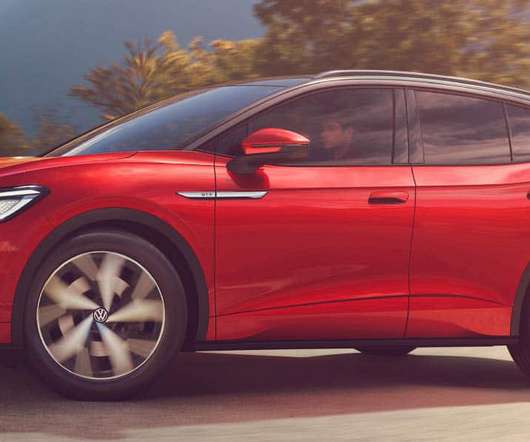
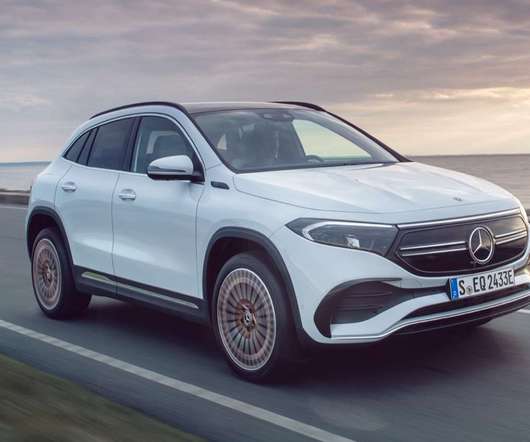
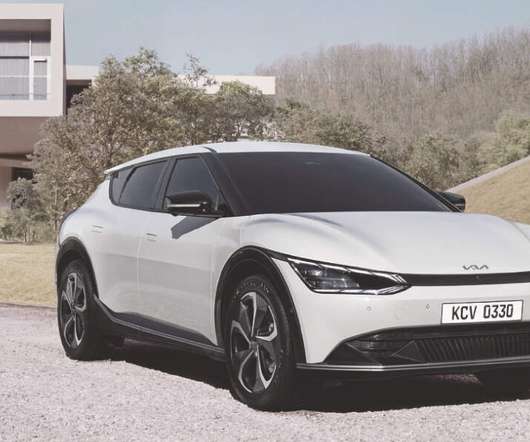



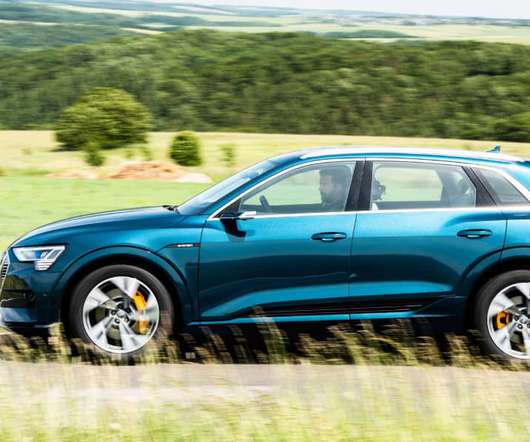

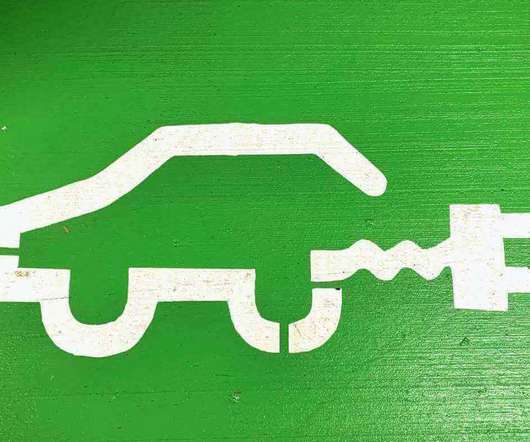



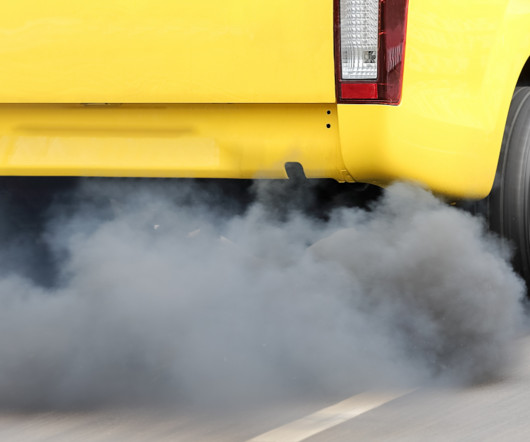
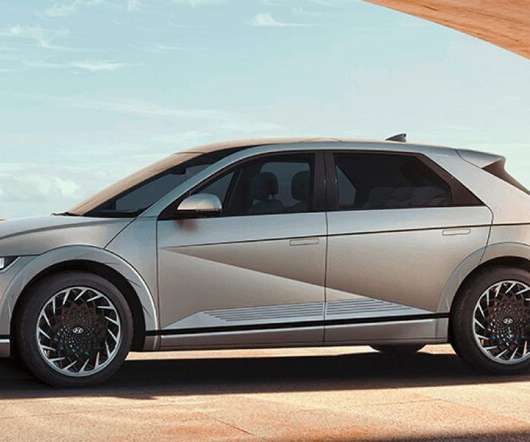
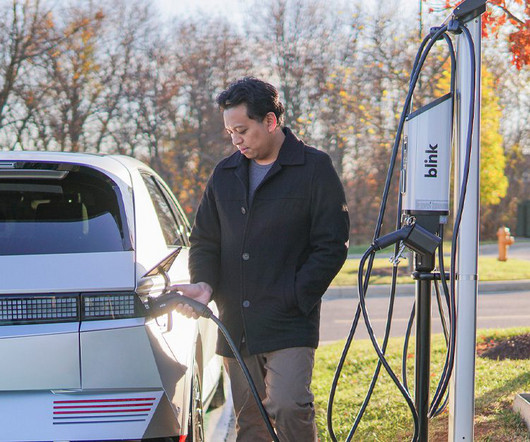



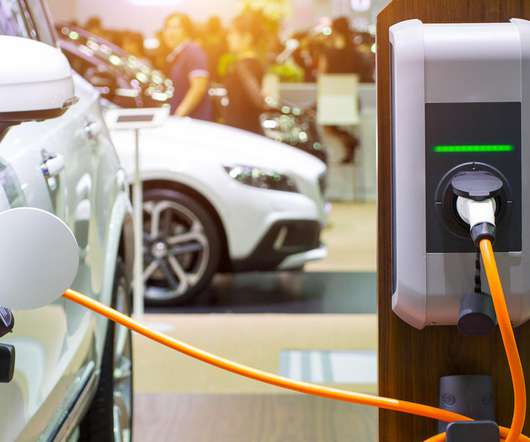


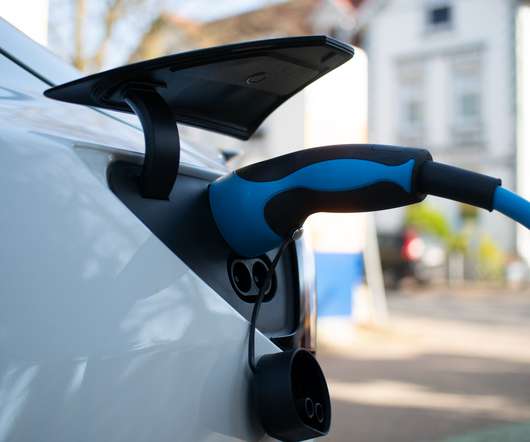

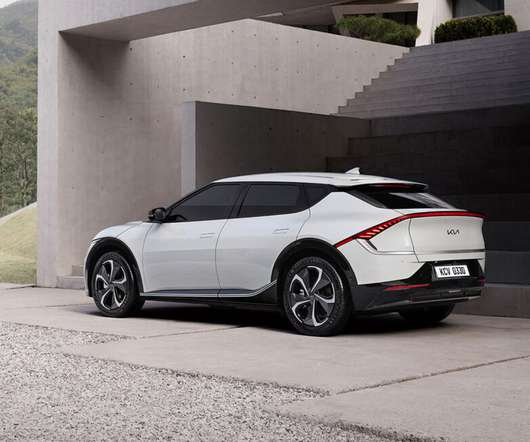
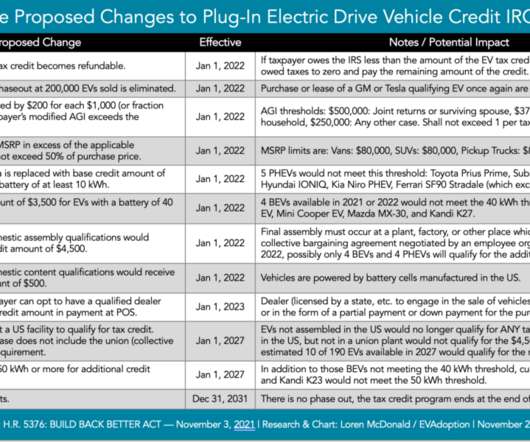







Let's personalize your content